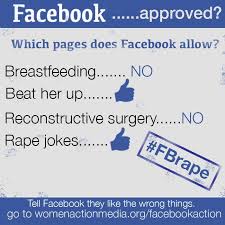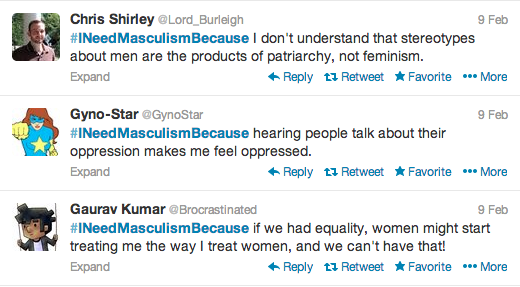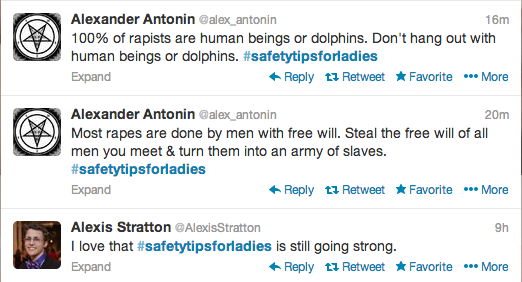
Hashtag campaigns have emerged as one of the most powerful social media techniques for quickly initiating conversation on a particular issue.
By using the # (hashtag) symbol in front of a word or group of words with no spaces between them, Twitter categorises any tweets that make use of the exact same hashtag. This means that anyone searching for a particular hashtag gets a listing of all tweets that contain this hashtag organised by date. Here are examples of two such campaigns.
#shoutingback
This hashtag was used by The Everyday Sexism Project to collect women's stories of harassment on Twitter. Within five days, the hashtag had amassed 3,500 tweets, building up a body of evidence showing how widespread the problem of harassment really is.
#FBRape
The #FBrape campaign, driven by Women, Action and the Media (WAM!) and the Everyday Sexism Project, called on people to pressure Facebook to do something about content endorsing violence against women. Since efforts at engaging Facebook directly had had no real effect, the campaign targeted the companies who advertise on facebook instead.
In an open letter co-signed by around 100 women’s rights and social justice groups, the campaigners called on people to email the companies whose adverts were appearing next to the offensive content, and tweet them directly using the hashtag #FBrape. Companies were called on to remove their advertising until Facebook took appropriate action. By the end of a week in which around 50,000 tweets and over 4.500 emails were sent, 15 major advertisers had withdrawn their ads, and Facebook finally agreed to update its policies. Read more about why the campaign was started here.
#INeedMasculismBecause
Subverting offensive hastags
In February, the hashtag #INeedmasculinismbecause, a response to the often-used hashtag #INeedfeminismbecause, surfaced on Twitter, with tweets like "Women aren't going to harass themselves." The hashtag was widely ridiculed, as Twitter users used the hashtag to make fun of its original purpose.

#SafetyTipsForLadies
Challenging victim-blaming
After reading one too many pieces of advice being offered to women on how to avoid being raped, student Hilary Bowman-Smart tweeted: "If you wear a broccoli safety-pinned to your lapel mainly carnivorous men will be repelled and won't rape you #safetytipsforladies." The hashtag quickly went viral.
In an interview with the Guardian, Bowman-Smart said, "it allowed us to express a massive sense of frustration at women being told how to prevent rapists, instead of rapists being told not to rape."
